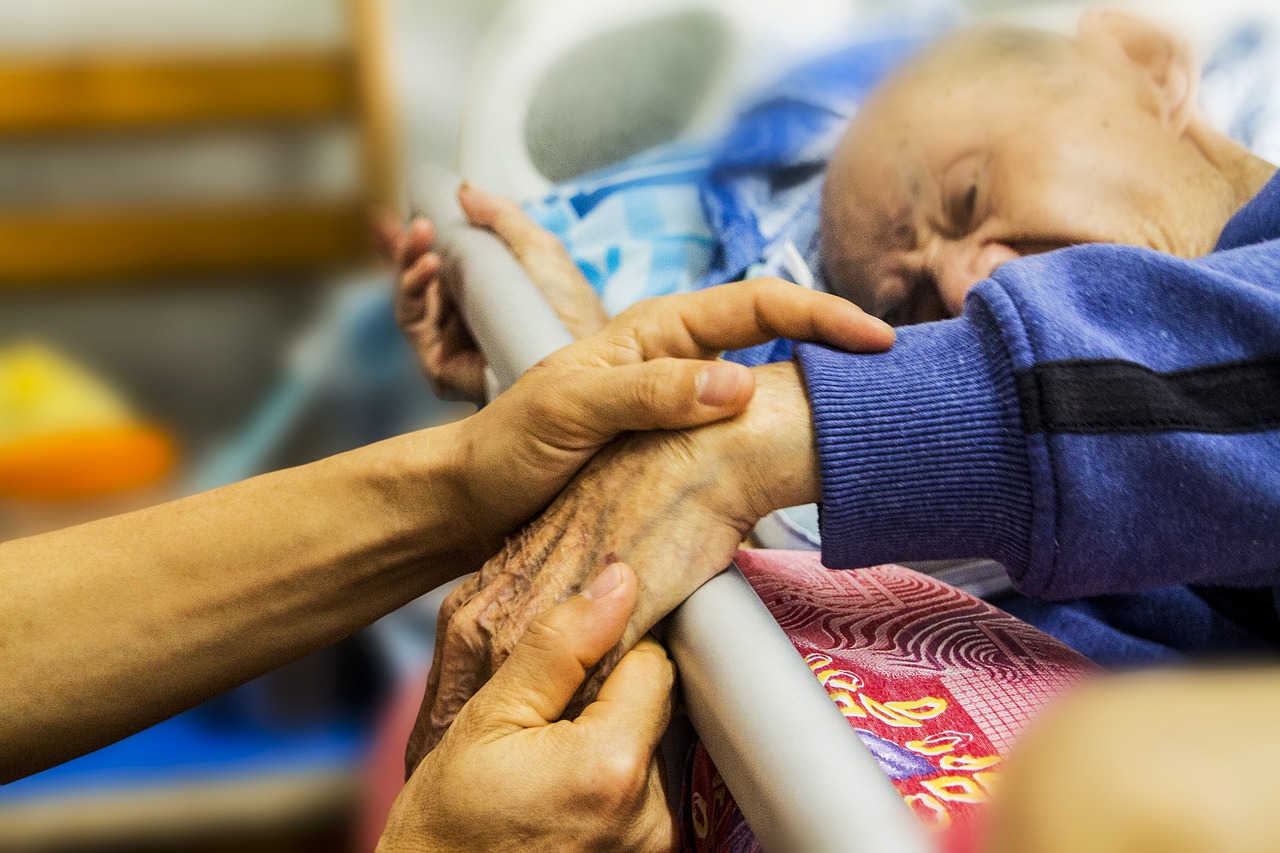Is Dying Easier for the Faithful?

As a hospice chaplain, I have been asked if people with faith pass away easier than those without. This question assumes these people should pass easier because of their belief in life after death.
The answer may be surprising: no, those people don’t always pass easier. I’ve seen the faithful die poorly and I’ve seen people without religious devotion die well. Over the years, I’ve spotted a pattern with those who die well. It’s really not about whether or not someone has spiritual beliefs; it’s about the degree to which the dying person has come to terms with their own mortality. In this regard, religion, which is an intentional way of living a spiritual life, can be a powerful aid at the end of life.
Nearly all religions or spiritual paths provide teachings pertaining to death. Christians believe in heaven, where the deceased are in the presence of God and loved ones for eternity. Hindus believe in reincarnation of the soul, so they’re reborn on earth so they can spiritually evolve. Buddhists, Muslims and other religious people all have their own teachings, too.
However, these religions and traditions minimally cover what happens at death and what might happen after death. Even lacking in specifics, believing these teachings often brings comfort at the end of life. Understanding death only as a single life-ending event limits what faith can teach us about death as well as life. With all the potentials for life after death — heaven, reincarnation or otherwise — death can become a motivator for living life fully. Let me explain.
Religious belief teaches us to die daily out of love for others. According to Maslow’s Hierarchy of Needs, belief in a higher power moves us through Self-Actualization to Self-Transcendence, which is a dying to self for the sake of others. Faith teaches us to lay down our lives for others, to self-sacrifice.
This self-sacrifice can come in many forms. Praying, meditating, making pilgrimage, reading scripture, practicing ritual, loving your neighbor, and giving of our self, time and resources are all acts of dying to self. These acts are done so that yourself -- and others -- may live life more abundantly. If our beliefs teach us to live this way, then we have learned to live with death as a motivator for giving life to others.
All of these actions can prepare us for the final sacrifice: when our physical death arrives, we need not fear it, but can embrace it as another chance to lay down our life in love for others.
A faith that believes in a good afterlife can certainly help someone die well, but it must be a faith based on a life lived for the sake of others; of a life that has died to itself repeatedly and then seen new life spring from that sacrifice repeatedly. Having seen this in life, one can have faith they will see it again in death.
Mark LaRocca-Pitts
Chaplain, Crossroads Hospice
For information on how Crossroads Hospice provides spiritual support, please call 888-564-3405.
If you found this information helpful, please share it with your network and community.
Copyright © 2015 Crossroads Hospice. All rights reserved.




